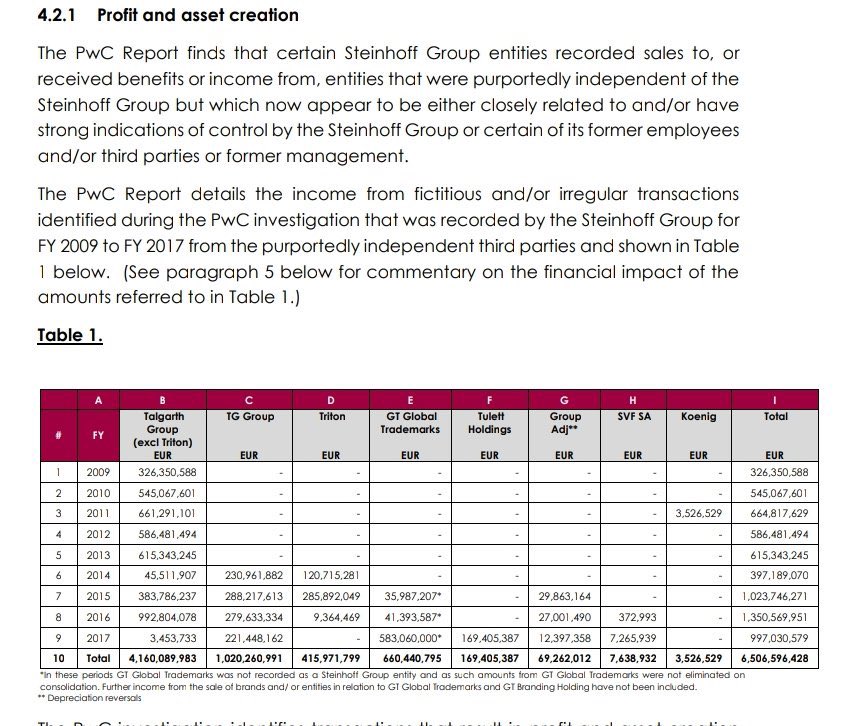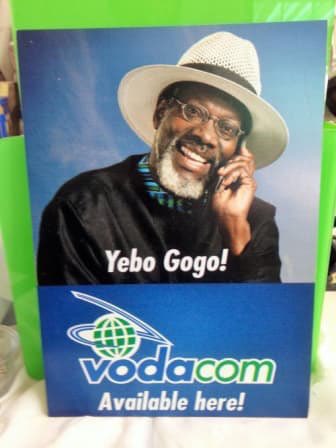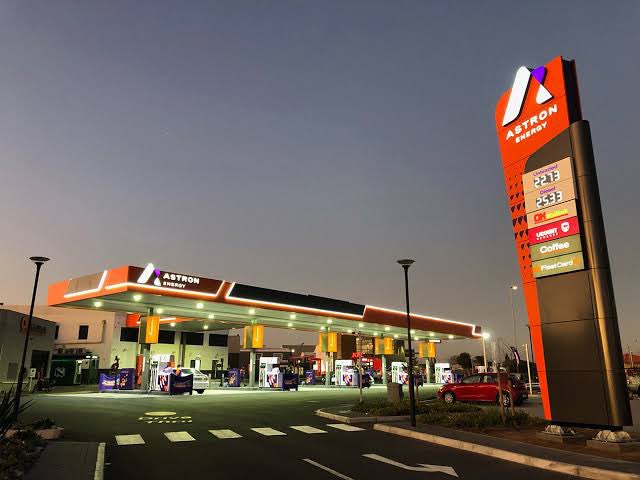Transaction Capital won't be selling down (again) its shareholding in SA Taxi anytime soon.
Nov 2018, SANTACO bought a 25% stake in SA Taxi for R1.7 billion.
SA Taxi used R1 billion of the net proceeds of R1.2 billion to settle interest-bearing external and shareholder debt.

Nov 2018, SANTACO bought a 25% stake in SA Taxi for R1.7 billion.
SA Taxi used R1 billion of the net proceeds of R1.2 billion to settle interest-bearing external and shareholder debt.


SA Taxi provides asset-backed developmental credit lending for an
income generating vehicle.
Taxi owners are able to buy the vehicle, finance, insurance, car tracking, vehicle servicing and panel beating services all from SA Taxi.
Fully vertically integrated business model.

income generating vehicle.
Taxi owners are able to buy the vehicle, finance, insurance, car tracking, vehicle servicing and panel beating services all from SA Taxi.
Fully vertically integrated business model.


Transaction Capital stated that this was not a BEE deal, which would only enrich certain individuals, but rather, it is an equity partnership that will enable the equitable distribution of the value generated in the minibus taxi industry verticals to all taxi industry participant
How did SANTACO finance the R1.7bn purchase price?
R1.2bn was funded jointly by Standard Bank and Futuregrowth Asset Management for 15.7% of the ordinary shares and
R521m was facilitated by SA Taxi in the form of vendor finance for 9.3% vendor finance shares.

R1.2bn was funded jointly by Standard Bank and Futuregrowth Asset Management for 15.7% of the ordinary shares and
R521m was facilitated by SA Taxi in the form of vendor finance for 9.3% vendor finance shares.


How much dividends will SANTACO receive and when?
Of the future dividend flows accruing to SANTACO, 90% will be applied towards reducing debt (the 25% was debt funded), with a 10% trickle flowing directly to the SANTACO trust from the outset.
Of the future dividend flows accruing to SANTACO, 90% will be applied towards reducing debt (the 25% was debt funded), with a 10% trickle flowing directly to the SANTACO trust from the outset.
The vendor finance by SA Taxi resulted in Transaction Capital consolidating 81.4% of SA Taxi’s earnings.
Transaction Capital owns 74,9% of SA Taxi.
SANTACO owns 25.1%.
Transaction Capital owns 74,9% of SA Taxi.
SANTACO owns 25.1%.
Vendor financing is very common in BEE deals.
Vendor financing is when the seller provides financing for the buyer.
Quick example:
X Ltd needs to "up" their BEE rating and decides to sell 5% shares to a BEE consortium.
The buyers don’t have the money to buy the 5% stake.
Vendor financing is when the seller provides financing for the buyer.
Quick example:
X Ltd needs to "up" their BEE rating and decides to sell 5% shares to a BEE consortium.
The buyers don’t have the money to buy the 5% stake.
X Ltd then sells the shares to the consortium and simultaneously lends them the money to buy the shares.
Buyers use dividends to repay the debt and the interest.
Buyers are also locked in and can't sell the shares until the full loan is paid up.
See Natal Portland Cement deal.
Buyers use dividends to repay the debt and the interest.
Buyers are also locked in and can't sell the shares until the full loan is paid up.
See Natal Portland Cement deal.

What are the effects of how BEE deals are financed?
In 2019, the 100 largest JSE listed companies had succeeded in "generating" R317bn in value for B-BBEE participants since 2000.
~R208bn of the (R317bn) value generated was still locked in shares and was yet to be monetized.
In 2019, the 100 largest JSE listed companies had succeeded in "generating" R317bn in value for B-BBEE participants since 2000.
~R208bn of the (R317bn) value generated was still locked in shares and was yet to be monetized.
In a presentation to the portfolio committee on transport in Parliament, SANTACO stated that their annual buying power consisted of;
Fuel: R18bn
Insurance: R2,5bn
Tyres: R600m
Vehicle Maintenance: R2,7bn
Lubricants: R110m
Labour costs: R4bn
Vehicle Financing: R4,2bn.
Fuel: R18bn
Insurance: R2,5bn
Tyres: R600m
Vehicle Maintenance: R2,7bn
Lubricants: R110m
Labour costs: R4bn
Vehicle Financing: R4,2bn.
2019,Bridgestone partnered with SA Taxi to launch "14inch Bridgestone Taxi R15 tyre".
Santaco president stated that he wanted Santaco to adopt a resolution at its 2020 conference for members to only use Bridgestone tyres.
Bridgestone's shareholders printed money here.
Santaco president stated that he wanted Santaco to adopt a resolution at its 2020 conference for members to only use Bridgestone tyres.
Bridgestone's shareholders printed money here.

• • •
Missing some Tweet in this thread? You can try to
force a refresh









